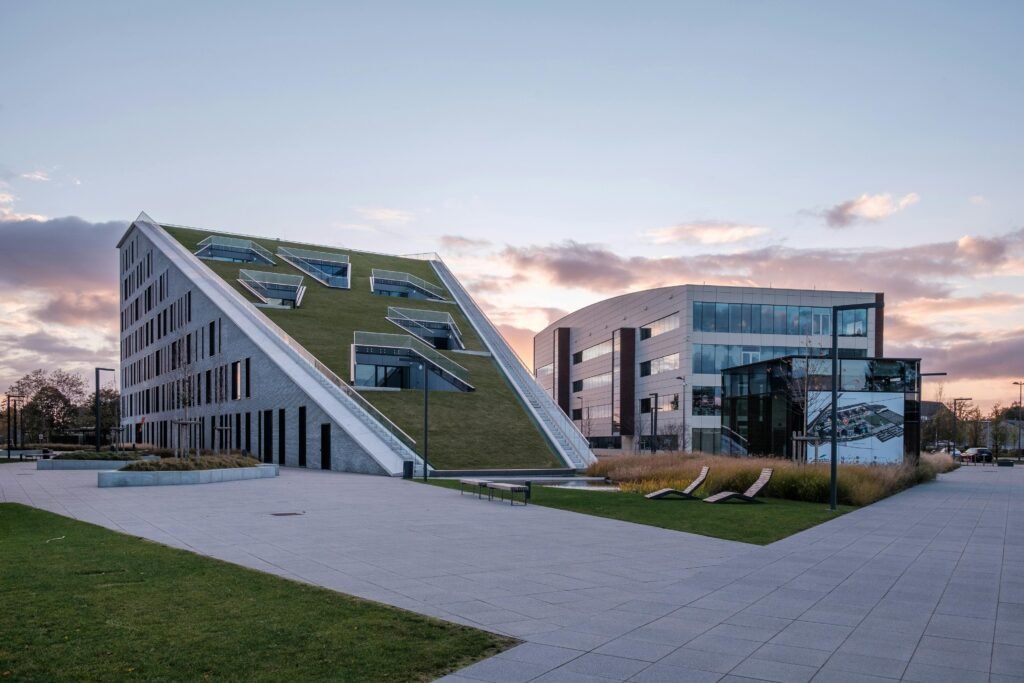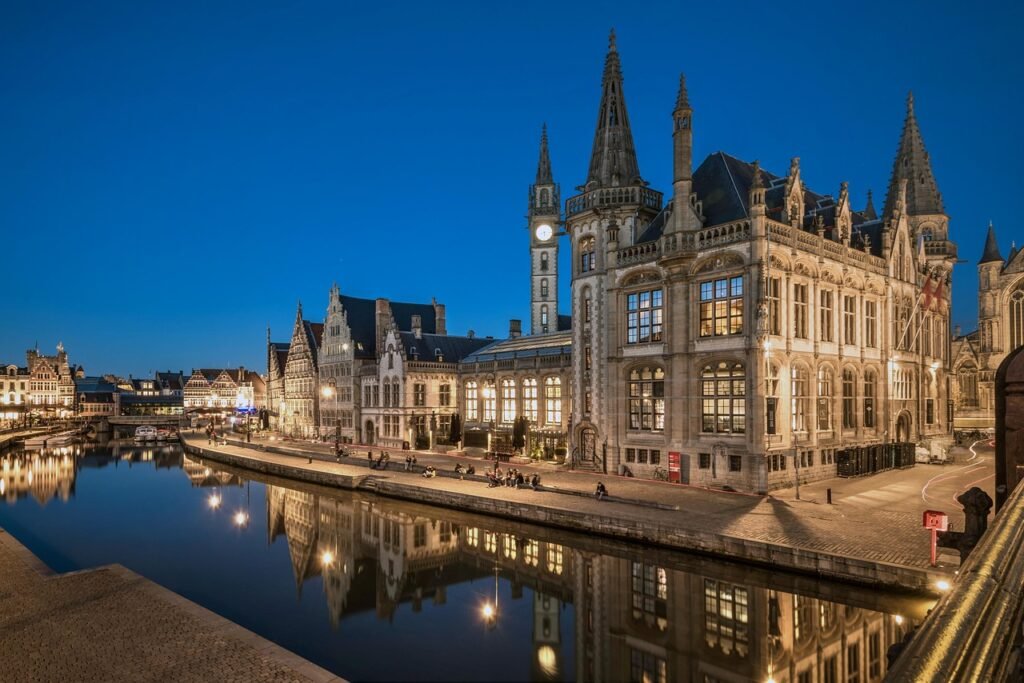Why Belgium for Study?
Belgium offers high-quality education with internationally recognized degrees at relatively affordable tuition fees. Its multilingual environment (French, Dutch, and English) provides a rich cultural experience and better global career opportunities. Located in the heart of Europe, Belgium gives easy access to other EU countries for travel and internships. Additionally, Belgium’s welcoming policies for international students include options for part-time work and post-study residence permits, making it an attractive destination for Bangladeshi students.

- Study in
Belgium
Explore Study Programs
Schooling
Ideal for students looking to gain hands-on skills and enter the workforce quickly.
Diploma in Nursing
Diploma in Early Childhood Education
Diploma in Hospitality Management
Diploma in Information Technology
Diploma in Applied Business
Diploma in Automotive Engineering
Diploma in Construction and Quantity Surveying
These programs usually range from 1 to 2 years and are aligned with New Zealand’s skill shortage areas, often leading to job-ready roles with pathways to work visas and long-term stay options.
Diploma Courses (Job-Ready Programs)
Ideal for students looking to gain hands-on skills and enter the workforce quickly.
Diploma in Nursing
Diploma in Early Childhood Education
Diploma in Hospitality Management
Diploma in Information Technology
Diploma in Applied Business
Diploma in Automotive Engineering
Diploma in Construction and Quantity Surveying
These programs usually range from 1 to 2 years and are aligned with New Zealand’s skill shortage areas, often leading to job-ready roles with pathways to work visas and long-term stay options.
Undergraduate Degrees (Bachelor Programs)
Perfect for students aiming to build strong academic foundations and long-term career opportunities.
Bachelor of Nursing
Bachelor of Information Technology / Computer Science
Bachelor of Engineering (Civil, Mechanical, Electrical, etc.)
Bachelor of Business / Accounting / Finance
Bachelor of Education (Early Childhood, Primary)
Bachelor of Social Work
Bachelor of Environmental Management / Science
Many of these programs align with New Zealand’s skill shortage areas and can lead to post-study work opportunities and skilled migration pathways.
Postgraduate Degrees (Master’s Programs)
Designed for students seeking to specialize or transition into high-demand career fields.
Master of Information Technology
Master of Data Science / Cybersecurity
Master of Nursing / Public Health
Master of Engineering / Engineering Management
Master of Professional Accounting (MPA)
Master of Social Work
Master of Education
Master of Business Administration (MBA) – with specializations in HR, Project Management, International Business
Postgraduate qualifications in New Zealand are highly valued and often linked to skill shortage areas, offering better post-study work rights and pathways toward skilled migration.
PhD / Doctoral Studies (Research Programs)
Ideal for students pursuing careers in research, academia, or high-level industry positions.
PhD in Information Technology / Computer Science
PhD in Engineering (Civil, Mechanical, Electrical, etc.)
PhD in Health Sciences / Biomedical Research
PhD in Business / Economics / Management
PhD in Environmental Science / Climate Studies
PhD in Education / Social Sciences
Why consider a PhD in New Zealand?
International PhD students often pay the same tuition fees as domestic students.
Many universities offer full or partial scholarships for research students.
Strong focus on independent research and access to leading academics.
Offers pathways to Post-Study Work Visa and potential residency through skilled migration.
Opportunity to contribute to globally relevant research and innovation.
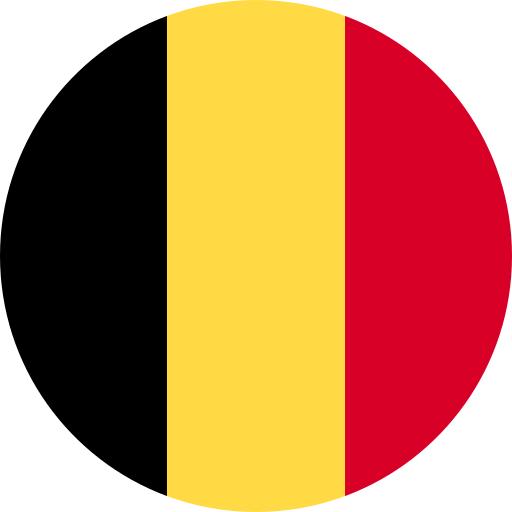
- Study in
Belgium
Step-by-Step Guide
Step-1: Explore universities and courses
You can begin your journey by exploring top-ranked Belgian universities and institutes, renowned for their quality education and supportive learning environment. It’s important to select programs that align with your academic background and long-term career aspirations. At Edex Global Nexus, we provide expert guidance to help you shortlist the most suitable courses based on your interests, current job market demand in Belgium, and potential pathways to permanent residency (PR).
Step-2: Check eligibility
To study in Belgium as an international student, you must meet specific academic and language proficiency requirements depending on your level of study—Diploma, Undergraduate, or Postgraduate. Eligibility criteria may vary slightly between universities and programs, so it is important to carefully review these before applying to ensure a smooth admission process.
Eligibility Checklist:
Academic qualifications equivalent to Belgian secondary education diplomas or a recognized Bachelor’s degree
Language proficiency in English, French, or Dutch as required by the institution (e.g., IELTS, DELF/DALF, or CNaVT)
Minimum GPA or grade point average as specified by your chosen program
Course-specific prerequisites (such as mathematics, sciences, or related subjects)
Valid passport and personal identification documents
Relevant work experience (required for some postgraduate courses)
Portfolio or audition (for creative, design, and performing arts programs)
Compliance with Genuine Temporary Entrant (GTE) or equivalent visa requirements to meet visa eligibility
Step-3: Available scholarships
Available Scholarships in Belgium:
VLIR-UOS Scholarships: Offered for students from developing countries to pursue Master’s programs in Flemish universities and university colleges. Covers tuition, living allowance, insurance, and travel costs.
Erasmus+ Scholarships: Funded by the European Union, supports student exchanges and joint Master’s degrees across Europe, including Belgium.
Wallonia-Brussels International (WBI) Scholarships: Available for international students to study in French-speaking Belgian universities, covering tuition fees and living expenses.
University-specific Scholarships: Many Belgian universities offer merit-based or need-based scholarships for international students, such as KU Leuven, Ghent University, and Université catholique de Louvain (UCLouvain).
Government of Belgium Scholarships: Occasionally, the Belgian government provides scholarships through bilateral agreements with other countries.
Research Grants and Assistantships: For postgraduate students, some institutions offer research grants, teaching assistantships, or fellowships to support studies and living costs.
Step-4: Apply and Secure Your Admission
Submit your applications with all required documents. Once you receive an admission offer, confirm your acceptance promptly to secure your place.
Step-5: Get Health and Travel Insurance
Prepare your health and travel insurance before you depart—this is crucial for your visa and to ensure your wellbeing during your studies.
Step-6: Apply for student visa
With your acceptance letter and insurance ready, apply for a Belgian student visa at the Belgian Embassy in Dhaka, making sure all paperwork is complete.
Step-7: Financial and travel preparation
Plan your finances, book your flight, arrange accommodation, and get familiar with travel protocols so your move to Belgium goes smoothly.
Step-8: Arrive and settle in Belgium
After arriving, complete your residence registration, connect with student services, and embrace the exciting experience of studying and living in Belgium.

- Study in
Belgium
Explore Our Partner Universities
KU Leuven (Katholieke Universiteit Leuven)
Ghent University (Universiteit Gent)
Université catholique de Louvain (UCLouvain)
Université libre de Bruxelles (ULB)
Vrije Universiteit Brussel (VUB)
University of Antwerp (Universiteit Antwerpen)
Hasselt University (Universiteit Hasselt)
Université de Liège (ULiège)
Thomas More University of Applied Sciences
Artevelde University of Applied Sciences
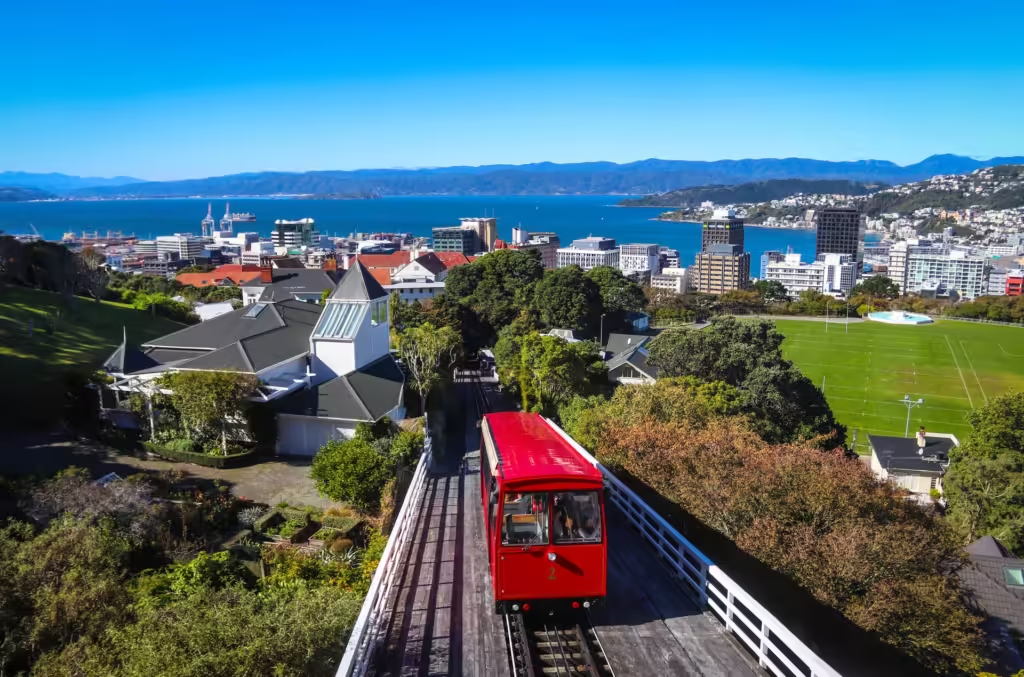
Job and PR Pathways After Study
New Zealand offers strong post-study work opportunities for international graduates, especially in areas facing skill shortages. With the right guidance, you can transition smoothly from your student visa to work and eventually permanent residency.
Post-Study Work Visa – We support you in applying for the Post-Study Work Visa, which allows you to live and work in New Zealand for up to 1–3 years depending on your qualification level.
In-demand skilled occupations – Get detailed information about New Zealand’s Long Term Skill Shortage List (LTSSL) and Essential Skills in Demand lists, helping you target jobs with better employment and residency prospects.
Career workshops and job readiness – Benefit from workshops focused on CV building, interview preparation, and understanding the New Zealand job market culture.
Skilled migration and PR planning – Receive personalized advice on navigating New Zealand’s skilled migrant visa pathways, including points-based systems and employer sponsorship options aligned with your skills and qualifications.
Our Support During the Process
We’re with you every step of the way—from your initial consultation to settling into New Zealand life and beyond. Our aim is to make your study abroad experience smooth, informed, and successful.
Personalized consultation at every step – We carefully assess your academic goals, financial situation, and personal preferences to help you choose the best study and career pathways.
One-on-one support for admission, visa & travel – Receive dedicated assistance with university applications, document preparation, visa processing, and travel arrangements.
Always accessible—call, WhatsApp, or in person – Our friendly advisors are available via your preferred communication channel whenever you need guidance or answers.
Regular updates, reminders & document reviews – We keep you informed with timely updates, important reminders, and detailed document checks to ensure you never miss a deadline.
Post-arrival check-ins & alumni mentoring – After you arrive, we continue to support you, including connecting you with experienced alumni who can share valuable insights.
Ongoing support for job search and PR planning – We help you navigate job hunting, CV preparation, interview skills, and long-term residency pathways even after you graduate.

- Study in
Belgium
Average Tuition Fees (Per Year)
Bachelor’s degree – EUR 6,000 – EUR 9,000 per year
Master’s degree – EUR 8,000 – EUR 11,000 per year
PhD – EUR 400 – EUR 1,000 per year (most international PhD students pay the same fees as domestic students)
Eligibility Criteria
Academic credentials – Completion of high school, bachelor’s degree, or master’s degree relevant to your chosen program.
Required documents – Valid passport, student visa application, Statement of Purpose (SOP), Letters of Recommendation (LOR), and other supporting documents as requested.
Language proficiency – English test scores such as IELTS, TOEFL, PTE Academic, or Duolingo English Test, meeting the specific program requirements.
Additional tests – Some programs may require GMAT, GRE, or portfolio submissions, depending on the field of study.
Test Score Requirements
GRE – Typically 310–320 (required for some postgraduate and research programs)
GMAT – Generally 650+ (for business and management courses)
IELTS – Overall 6.5–7.0 with no band below 6.0 (varies by institution and program)
TOEFL iBT – Minimum 90+, with balanced scores across sections

Job and PR Pathways After Study
Job and PR Pathways After Study in Belgium
After completing your studies in Belgium, there are several opportunities for international students, including Bangladeshi graduates, to gain work experience and eventually apply for permanent residency (PR):
Job Search Visa (Search Year Permit):
Graduates from Belgian higher education institutions can apply for a “Job Search Visa” (also called a “search year” or “orientation year” permit) which allows them to stay in Belgium for up to 12 months after graduation to look for employment or start a business.
Work Permit:
Once you find a job, you need to obtain a work permit. Belgium offers several types of work permits (Type B being common for non-EU graduates), usually tied to a specific employer and job contract.
Permanent Residency (PR):
After legally residing and working in Belgium for five years, international graduates may become eligible to apply for permanent residency, which grants long-term residence rights.
Pathway to Citizenship:
After holding permanent residency for a certain period (usually five years), you may apply for Belgian citizenship, subject to language proficiency and integration requirements.
Support Services:
Belgium offers integration programs and employment support to help international graduates find suitable jobs aligned with their qualifications.
Our Support During the Process
We’re with you every step of the way—from your initial consultation to settling into New Zealand life and beyond. Our aim is to make your study abroad experience smooth, informed, and successful.
Personalized consultation at every step – We carefully assess your academic goals, financial situation, and personal preferences to help you choose the best study and career pathways.
One-on-one support for admission, visa & travel – Receive dedicated assistance with university applications, document preparation, visa processing, and travel arrangements.
Always accessible—call, WhatsApp, or in person – Our friendly advisors are available via your preferred communication channel whenever you need guidance or answers.
Regular updates, reminders & document reviews – We keep you informed with timely updates, important reminders, and detailed document checks to ensure you never miss a deadline.
Post-arrival check-ins & alumni mentoring – After you arrive, we continue to support you, including connecting you with experienced alumni who can share valuable insights.
Ongoing support for job search and PR planning – We help you navigate job hunting, CV preparation, interview skills, and long-term residency pathways even after you graduate.
Visa Categories for Study in Belgium

Short Stay Visa (Type C)
For studies or training lasting up to 90 days.

Exchange Student Visa
For students participating in an approved exchange program

Long Stay Visa (Type D)
For study programs longer than 90 days, including bachelor’s, master’s, and PhD degrees.
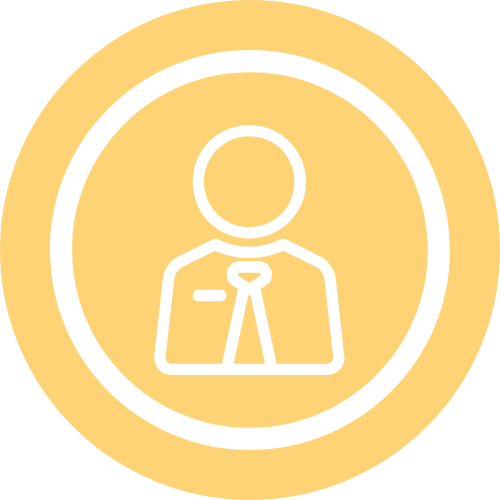
Student Visa with Work Authorization:
Allows part-time work alongside studies, subject to conditions.
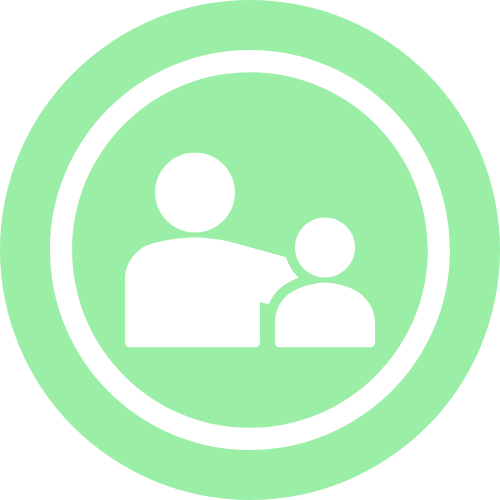
Dependent Visa:
For family members accompanying the student during the study period.
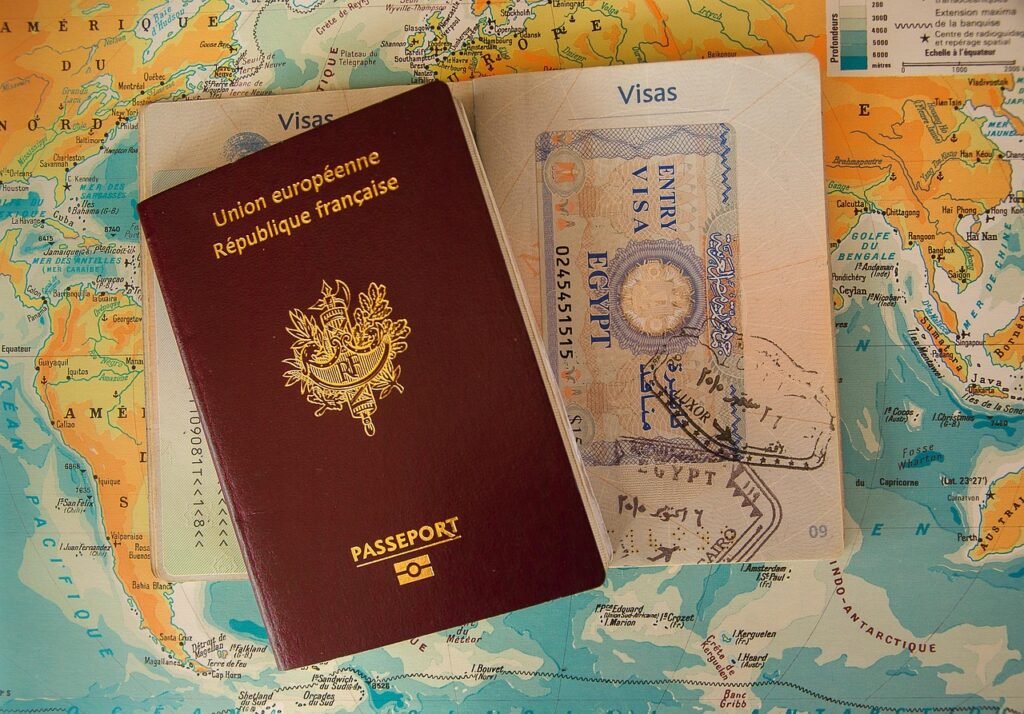
Visa Application Checklist
Personal & Identification Documents
- Valid Passport: Must be valid for at least 6 months beyond your intended stay.
- National ID Card (NID): If applicable.
- Passport-sized Photographs: Recent photos meeting visa specifications.
- Marriage or Divorce Certificate: If applicable, to verify marital status.
Academic & English Language Proficiency
- Academic Certificates & Transcripts: Including degrees, diplomas, and relevant qualifications.
- Letters of Recommendation: From academic or professional referees.
- Curriculum Vitae (CV)/Resume: Detailing academic and work history.
- Portfolio: Required for courses in creative fields like design or architecture.
- English Language Test Results: Valid scores from accepted tests such as IELTS, TOEFL iBT, PTE Academic, CAE, or OET.
Course Enrollment & Intent
- Academic Certificates & Transcripts: Including degrees, diplomas, and relevant qualifications.
- Letters of Recommendation: From academic or professional referees.
- Curriculum Vitae (CV)/Resume: Detailing academic and work history.
- Portfolio: Required for courses in creative fields like design or architecture.
- English Language Test Results: Valid scores from accepted tests such as IELTS, TOEFL iBT, PTE Academic, CAE, or OET.
Financial Evidence
- Proof of Financial Capacity: Demonstrating access to at least AUD 29,710 to cover tuition, living expenses, and travel.
- Bank Statements: Recent statements showing sufficient funds.
- Fixed Deposits (FDRs) or Deposit Pension Schemes (DPS): If applicable.
- Sponsorship Letter: If someone else is funding your studies, include a letter detailing the sponsorship.
Health & Character Requirements
- Overseas Student Health Cover (OSHC): Mandatory health insurance for the duration of your stay.
- Tuberculosis (TB) Test Results: If required based on your country of residence.
- Police Clearance Certificate: To demonstrate good character.
For Applicants Under 18
- Parental Consent Form: Completed by parents or legal guardians.
- Custody Documents: If applicable, provide evidence of sole custody or guardianship.
Visa Application Process
- Biometric Information: Payments can be made at the VFS Global center in Dhaka. As of 2025, Bangladeshi applicants are required to submit their visa applications at the Schengen Visa Application Center in Dhaka, which is managed by the Swedish Embassy. This center handles visa applications for several Schengen countries, including Belgium.
- Travel Itinerary: Outline of your planned travel dates and arrangements.
- Visa Application Submission: Begin by creating an account and completing the visa application form on the official Belgium visa portal: Visa On Web.
- Visa Application Fee: The total amount of €409 (approximately BDT 45,000) is required for processing your application.
Processing Times
- Standard Processing: Typically, the visa processing time is 15 calendar days from the date the application is received at the embassy.
- Priority Processing: Currently, there is no option to pay for expedited processing or priority handling of student visa applications.


